The Catholic Church opposed Benito Mussolini’s decision to bring Italy into World War II
The Catholic Church opposed Benito Mussolini’s decision to bring Italy into World War II. Pope Pius XII worked tirelessly to ensure that the country remained neutral. On December 28, 1939, he visited King Victor Emmanuel III at the Quirinal Palace, in response to a previous visit made by the King and his wife to the Vatican, in an effort to dissuade the Italian government from entering the conflict.
On April 28, 1940, Pius XII sent a letter to Mussolini, asking him not to bring Italy into the war. In it, he wrote: "the fervent hope that greater ruin and further mourning may be spared to Europe, and in particular, that our beloved country may be spared such a great calamity."
Mussolini responded arrogantly: "The history of the Church—and you wish to teach me—has never accepted the formula of peace for the sake of peace, peace 'at any cost,' peace without justice."
The Vatican newspaper, L'Osservatore Romano, became a focal point of tension. On April 10, 1940, the Italian ambassador to the Holy See, Dino Alfieri, insinuated that the newspaper’s stance of “pacifism to the end” reflected direct instructions from the Vatican, and suggested that the publication moderate its tone and adopt a more impartial stance. On April 25, former fascist secretary Francesco Giunta declared in the Chamber of Fasci and Corporations that the Vatican was a “chronic appendicitis of Italy.” The hardline fascist Roberto Farinacci added: “The Church has been a constant enemy of Italy.”
In May 1940, after the Pope sent telegrams of solidarity to the kings of Luxembourg, the Netherlands, and Belgium—whose nations had been invaded by the German army—and after L'Osservatore Romano protested the invasion of Belgium and France, Mussolini once again ordered Alfieri to lodge a protest and threaten the Pope with serious consequences should he persist in his course of action.
The Pope responded with courage, as we shall see.
On May 12, L'Osservatore Romano published one of the “acta diurna” written by journalist Guido Gonella, which read:
"A cruel conflict has swept up in its whirlwind three peoples who longed for peace, who labored for peace. New neighborhoods are stained with blood, new young men are called to sacrifice, new peaceful and industrious populations are struck by the fury of a war that assails the defenseless and innocent—those whose only pride lies in defending their homes. The generosity of sacrifice is the only flame that lights up such a dark night."
That night, fascists attempted to stop the distribution of the newspaper but failed. News vendors were beaten, kiosks were damaged, priests were insulted in the streets, and readers were publicly attacked. In Messina, two thousand students marched while chanting fascist hymns and burning copies of L'Osservatore Romano.
On May 13, the Pope received Alfieri, who reported that Mussolini considered the newspaper article a direct act against his policies. Alfieri did not rule out the possibility of “serious events” occurring.
The Pope responded firmly: "I am not afraid of ending up in a concentration camp or falling into hostile hands."
On May 15, as Pius XII was leaving the Vatican by car, he was blocked by a group of young fascists shouting: “The Pope is shit! Down with the Pope! Death to the Pope!”
That same day, Guido Gonella published the last of his famous and widely read acta diurna.
REFERENCES:
https://www.uccronline.it/2013..../06/05/pio-xii-e-i-t
https://vocetempo.it/il-10-giu....gno-1940-lora-delle-
0



 Doggk
Doggk
 Tim Pool
Tim Pool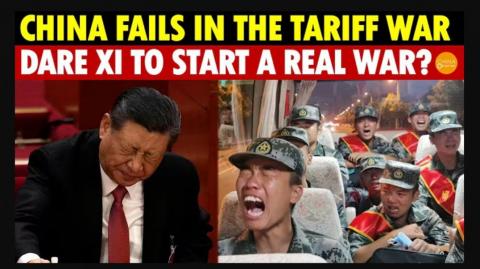
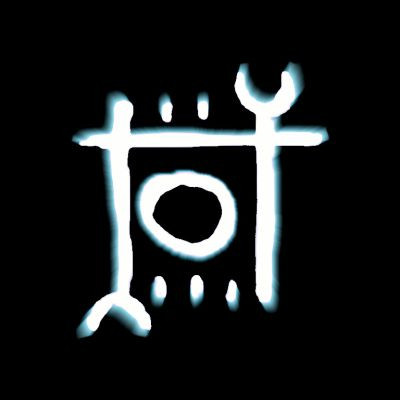 KEEPER
KEEPER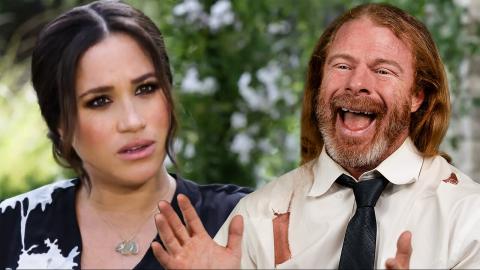
 AwakenWithJP
AwakenWithJP
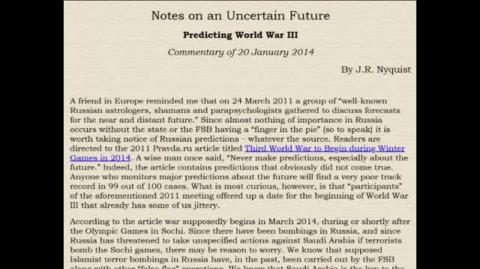
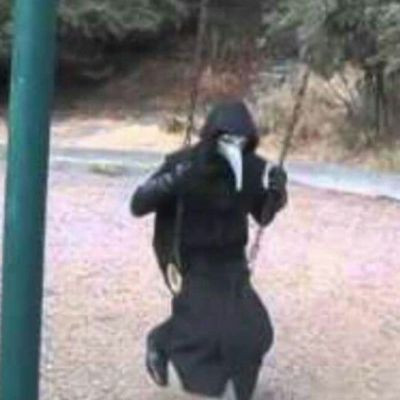 Sant77
Sant77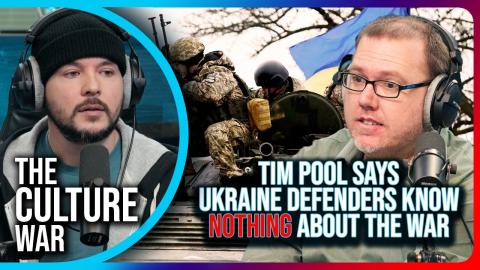
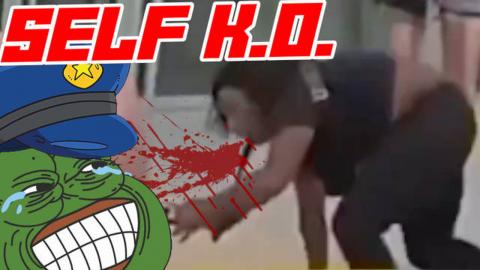
 TheSaltyCracker
TheSaltyCracker
 The Alex Jones Show
The Alex Jones Show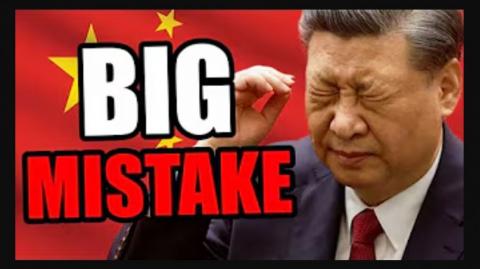
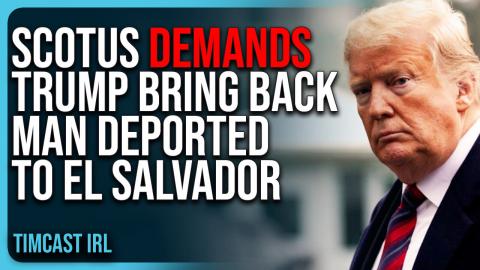
 Timcast IRL
Timcast IRL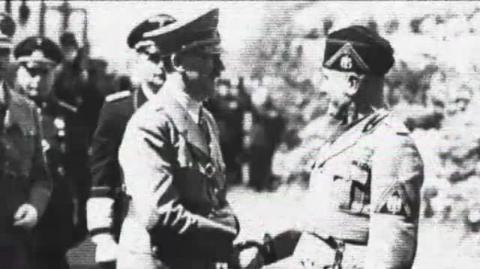
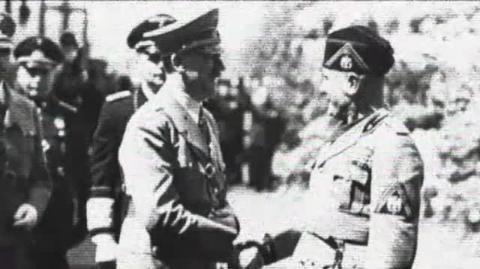

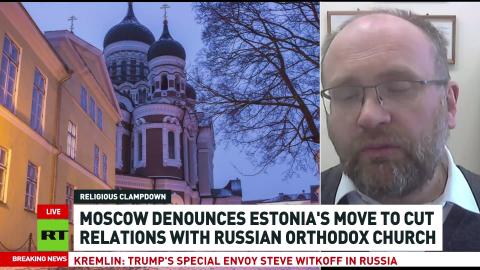
 RT
RT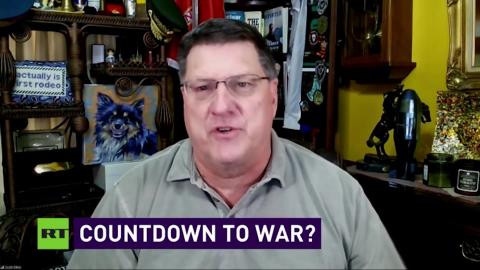
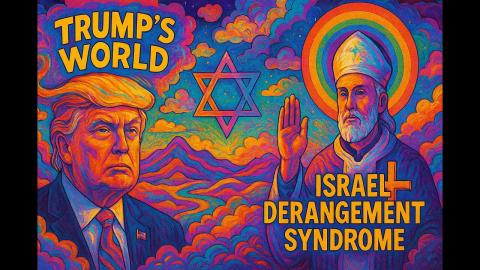
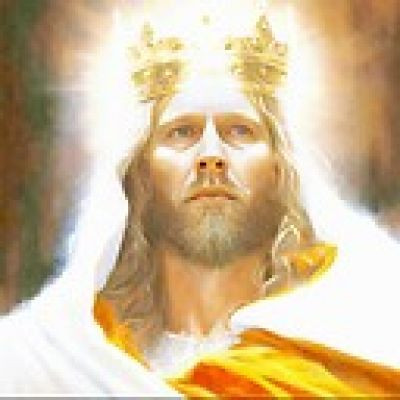 KnowMoreNews
KnowMoreNews
 The David Knight Show
The David Knight Show
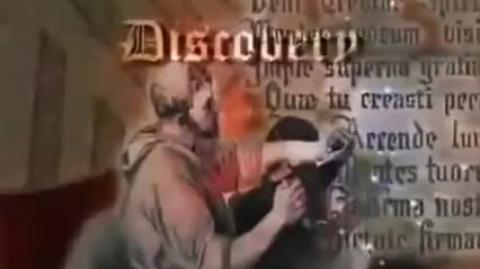

Log in to comment